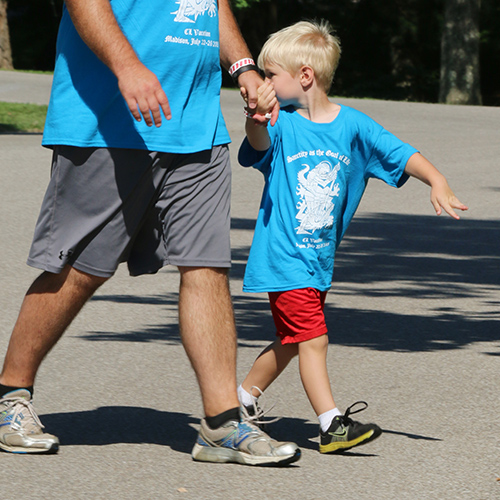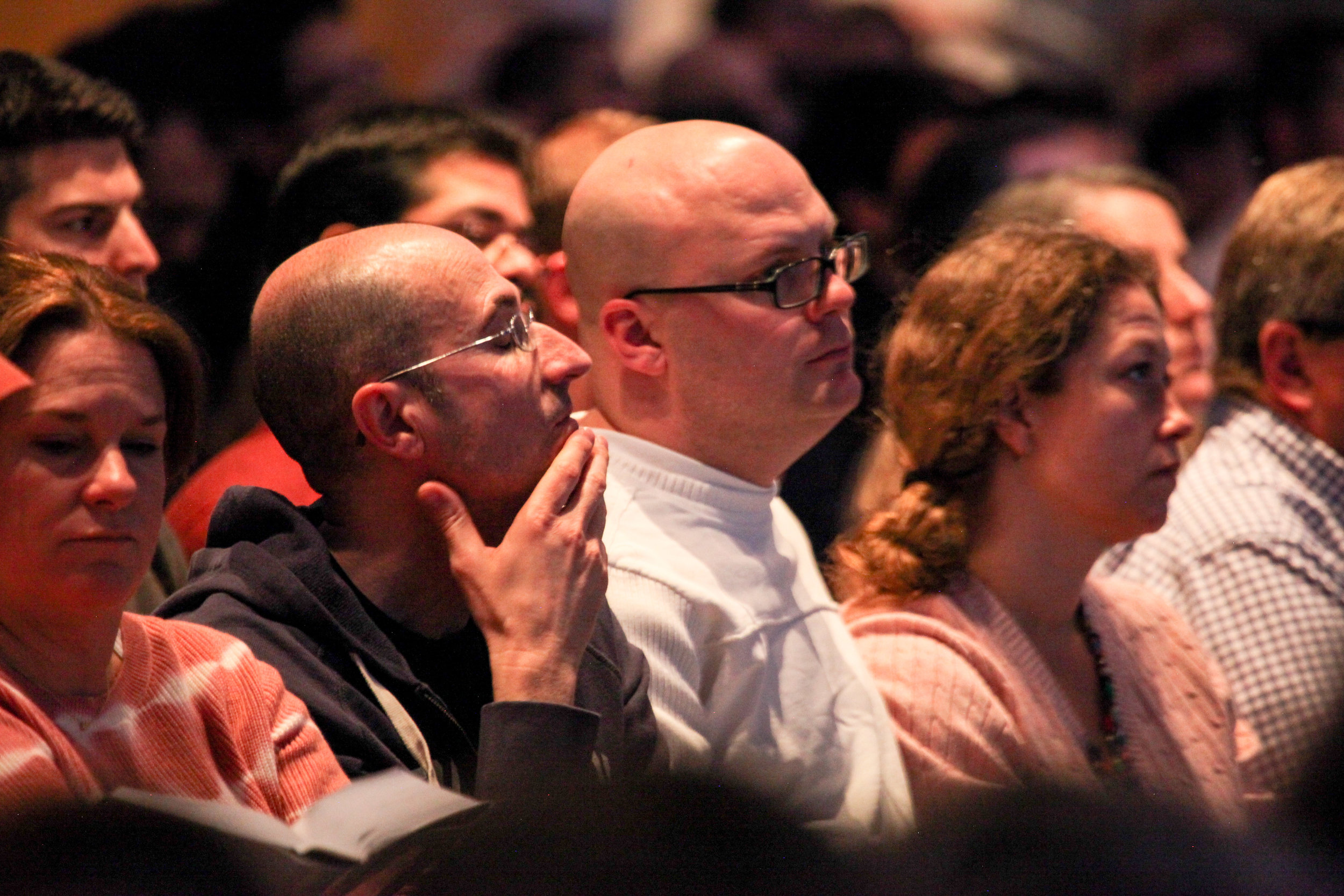Being a father, having a father in the experience of Dominic Aquila, professor of history, University of St. Thomas, Houston; Camil Martinez, PhD candidate in supply chain and logistics, R. H. Smith School of Business, University of Maryland, and Paul Vitz, professor emeritus of psychology at New York University, moderated by Steven Brown, vice provost and dean of graduate studies, The Catholic University of America, Washington, DC.
The conference will focus on the need to rediscover the role and significance of fatherhood, whose neglect, at both a theoretical and practical level, has greatly contributed to the fragmentation we see in today’s society.
- - -
One cannot be a father, a generator, if he has no father. Not if "he had," but if he "has" no father. Because if you have no father, it is not an event, it is not an encounter, it is not a generation. The generation is a present act. You cannot be a generator unless, and to the extent that, you have a father, you are generated. None generates unless he is generated.
Having a father means, first, feeling valued. Feeling valued now, now, now! Whoever felt valued, but does not feel valued now, loses the experience of being generated by a father. But in order to feel valued now, one has to sacrifice himself, — do you understand? — lose himself. Second, it means having the willingness to depend, affectivity as dependence. Third, it means obeying as the form of creativity.
This concept of fatherhood is the most fought by the Enlightenment culture, which originates in the Renaissance and post-Renaissance culture. This is where the religious sense is at stake. Therefore, this is where the possibility of building something new in the world is at stake.
~Luigi Giussani, Notes from a conversation with a group of consecrated people, June 1, 1997

























